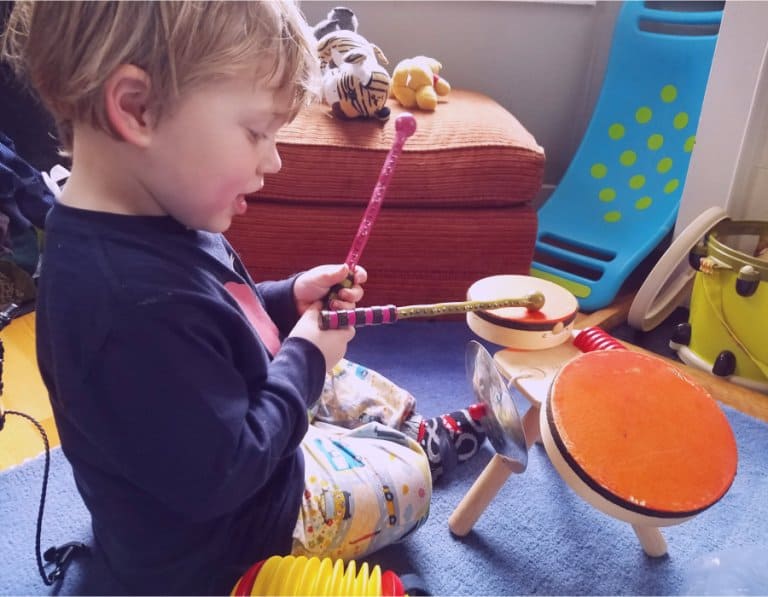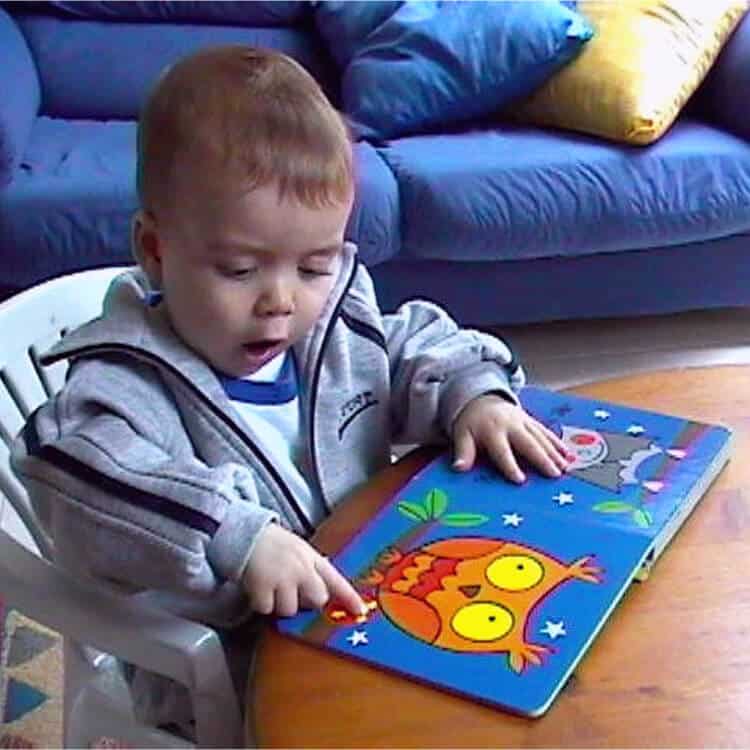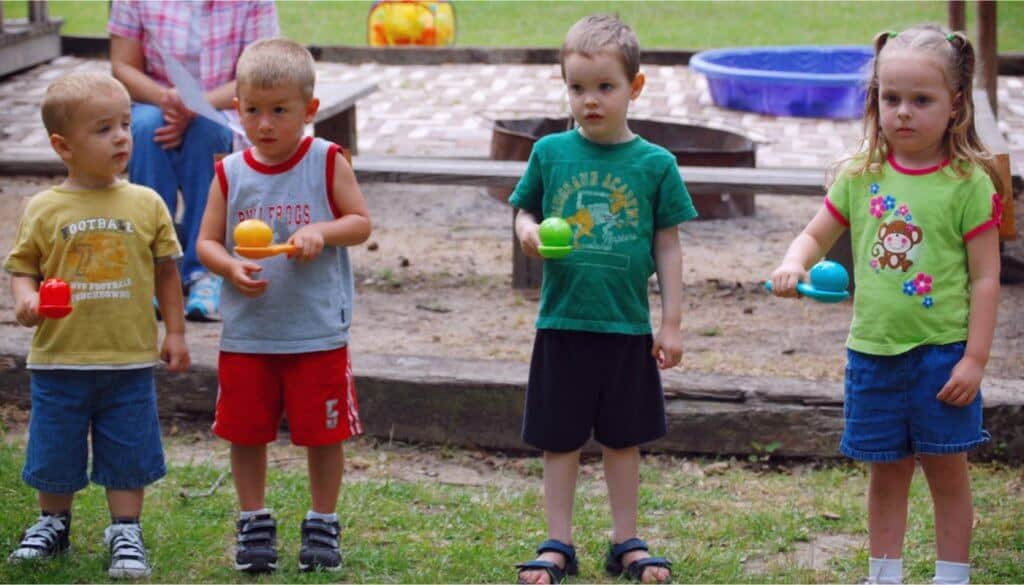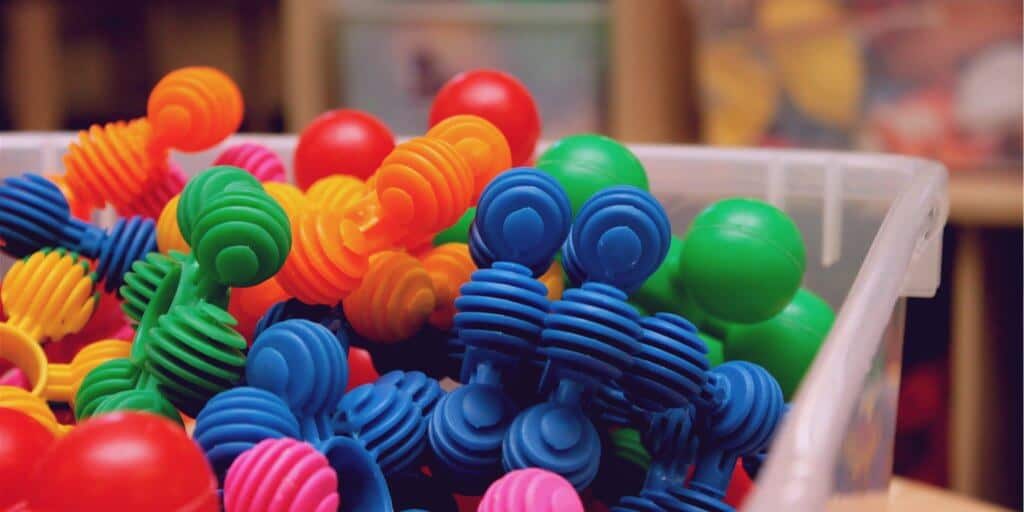How to Homeschool Preschool

There are plenty of legitimate reasons for enrolling your kids in preschool, but fear is not one of them.
You can do this.
In fact, all legitimate reasons aside, your preschoolers need you to teach DIY preschool. Believe it or not, preschoolers often do better in a loving, supportive, engaging home environment.
Benefits of DIY Homeschool Preschool
From the earliest age, children are designed to thrive on parental interaction. Babies in the womb learn to recognize their mother's voice. Newborns reap lifelong health benefits from their mother's milk. Toddlers’ vocabulary expands as parents read and speak to them. And the reasons go on...
One-On-One Learning
Giving your preschooler one-on-one attention will enhance their learning and meet their need for loads of love and attention. Preschoolers need to build and practice verbal skills through lots of questions and conversation—far more easily attained in a homeschool preschool setting than a full classroom.
Closer Parent-Child Relationships
Caring for small children can be exhausting, but when you’re able to set aside laundry and exhaustion for a time, and just play, there’s a lot of fun and love waiting for you. This is your chance to connect, and you don’t want to lose it. These times will serve to build lifelong bridges into your child’s life. Eye contact, time, and attention all spell LOVE to little ones.
You’re Qualified to Homeschool Preschool

It's easy to be intimidated by preschools’ brightly-colored, organized rooms, filled with educational toys and supplies.
But the fact remains that, as a caring, committed parent, you are qualified to teach your preschool child.
- You know your subjects: shapes, colors, counting to ten. You can sing the alphabet song. And as you spend time with your children, you'll discover which areas need attention.
- The alphabet? Play ABC games, read alphabet books, or color letters.
- Numbers? Count everything, from toys to teaspoons. And remember to allow time for plain old unstructured play, which studies say is vital for kids’ development.
What about Socialization?

Preschool socialization isn’t as big a deal as you might think. In fact, it is far more vital that they develop relationships with parents and siblings during this critical stage. You will also avoid potential negative peer influences (yes, even preschoolers bully each other and bring bad influences from home). Studies say that preschoolers who stay home are more developmentally advanced, and show greater empathy, while their away-from-home peers demonstrate more sadness and aggression.
Toys Matter Less Than You Think

Don't worry so much about having all the “right” educational stuff. There are so many ways to teach skills. Even just a handful of supplies and toys will go a long way. Look online for coloring pages, worksheets, craft ideas, games, and songs. And your child probably already has a bedroom full of toys and books. Children with access to lots of books in their home do better in school, and every toy and household item offers a chance to learn a color, a motor skill, new vocabulary, etc.
The key to DIY preschooling is to be involved and active with your children as they play.
Interact. Ask questions. Learn together.







Leave a Reply